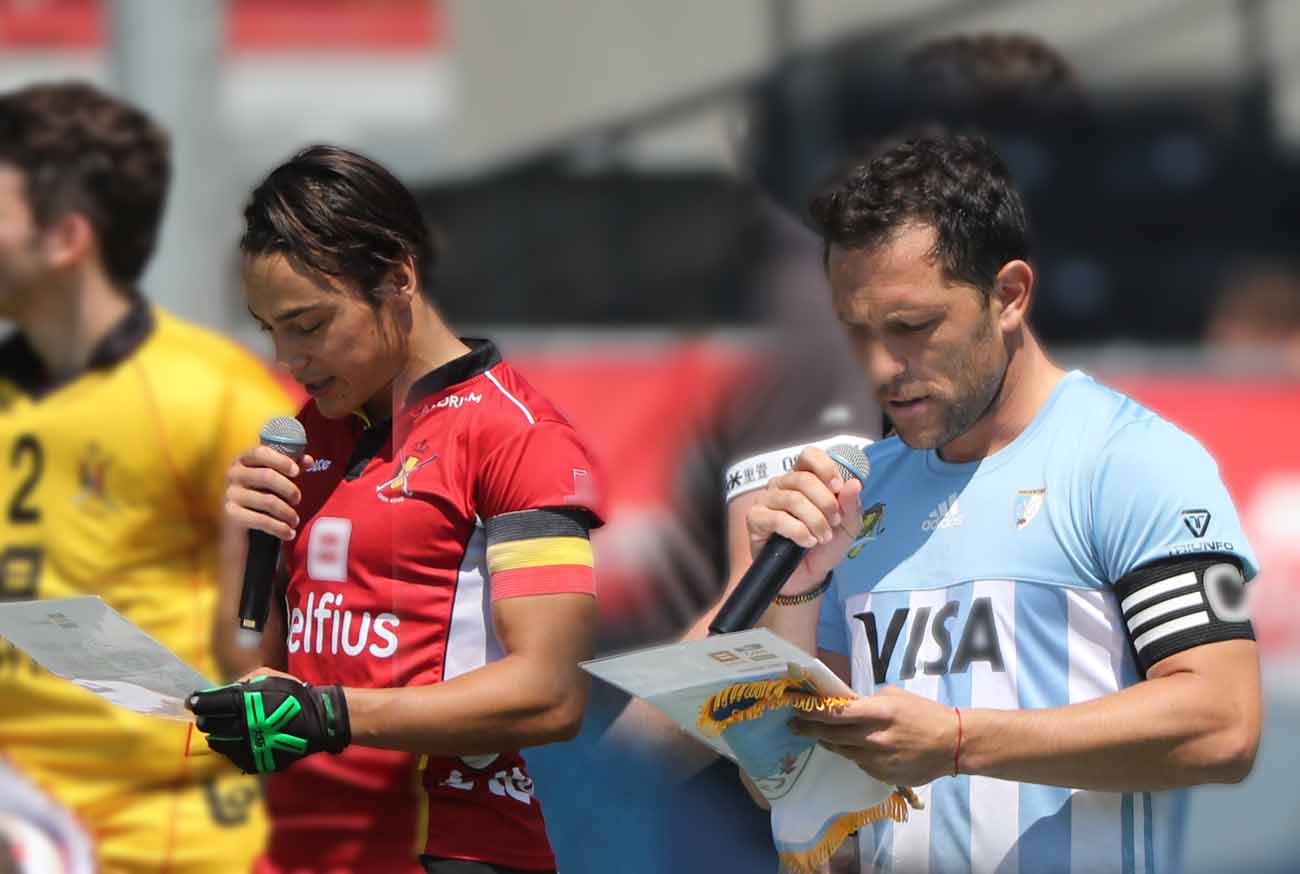Le comité olympique international a publié la charte des droits et responsabilités des athlètes.
Elle a été conçue après une consultation mondiale des athlètes, présentée lors de la 133e session du CIO à Buenos Aires et adoptée. Elle est inspirée de la déclaration universelle des droits de l’homme.
Dans les droits des athlètes, elle reprend :
– la pratique le sport sans discrimination de quelque sorte que ce soit.
– l’empêchement de toute manipulation : doping, jues/arbitres, sélections
– communication de toutes les informations
– l’accès à l’éducation
– l’apport de revenus de son sport
– l’égalité hommes/femmes
– la protection de la santé physique et mentale
– la représentation via élection
– la possibilité de rapporter des comportements non éthiques
– la protection de des données personnelles
– la liberté d’expression
– le droit à être écouté via des procédures
Danes les responsabilité des athlètes, elle reprend :
– le respect des valeurs olympiques
– l’intégrité y compris dopage et manipulation
– signaler les comportements non éthiques
– respect des lois et des règlements
– respect des athlètes, pas de prise de position politique
– respect de la solidarité olymqpiue
– promouvoir le sport par l’exemple
– s’informer
– participer aux demandes de témoignage
– voter pour ses représentants
Athletes’Rights
This Declaration aspires to promote the ability and opportunity of athletes to:
1.Practise sport and compete without being subject to discrimination on the basis of race, colour, religion, age, sex, sexual orientation, disability, language, political or other opinion, national or social origin, property, birth or other immutable status.
2.Be part of a transparent, fair and clean sporting environment, particularly one that fights against doping and competition manipulation, and provides for transparent judging/refereeing,selection and qualification processes, and appropriate competition schedules, including training schedules at such competitions.
3.Access general information on athlete and competition-related matters in a timely and clear manner.
4.Access education on sports-related matters as well as to work or study while actively training and competing, should the athlete choose to do so and where practicable.
5.Leverage opportunities to generate income in relation to their sporting career, name and likeness, while recognising the intellectual property or other rights, rules of the event and of sports organisations as well as the Olympic Charter.
6.Fair and equal gender representation.
7.The protection of mental and physical health,includinga safe competition and training environment and protection from abuse and harassment.
8.Elected athlete representation within sporting organisationsof the Olympic Movement.
9.Report unethical behaviourwithout fear of retaliation.
10.Privacy, including protection of personal information.
11.Freedom of expression.
12.Due process, including the right to a fair hearing within a reasonable time by an independent and impartial panel,the right to request a public hearing and the right to an effective remedy.
Athletes’Responsibilities’
This Declaration encourages athletes to:
1.Uphold the Olympic values and adhere to the Fundamental Principles of Olympism.
2.Respect the integrity of sport and competeas a clean athlete,in particularby not doping and notmanipulating competitions.
3.Act in accordance with the IOC Code of Ethics and be encouraged to report unethical behaviour, including instances of doping, competition manipulation, prohibited discrimination and abuse and harassment.
4.Comply with applicable national laws, and the rules of the qualification processes and competitions, of the sport, and of the relevant sporting organisation,as well as the Olympic Charter.
5.Respect the rights and well-beingof, and not discriminateagainst,other athletes, their entourage, volunteers and all others within the sporting environment, and refrainfrom political demonstration in competitions, competition venues and ceremonies.
6.Respect the solidarity principle of the Olympic Movement, which allows assistance and support to be providedamongathletes and membersof the Olympic Movement.
7.Act as a role model, including by promoting clean sport.
8.Inform themselves and be aware of their responsibilities.
9.Participate in hearings when requested to do so and provide truthful testimony in such proceedings.
10.Participate and vote in athlete representatives’ elections.













